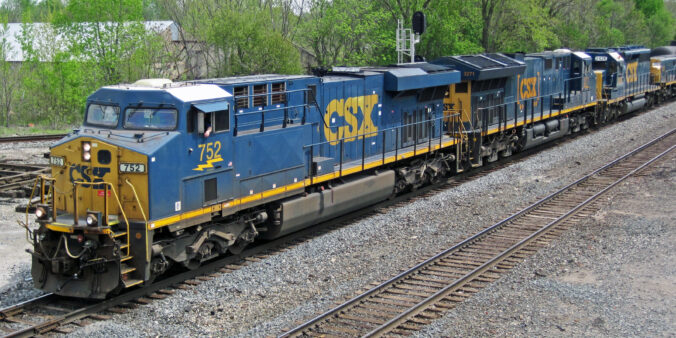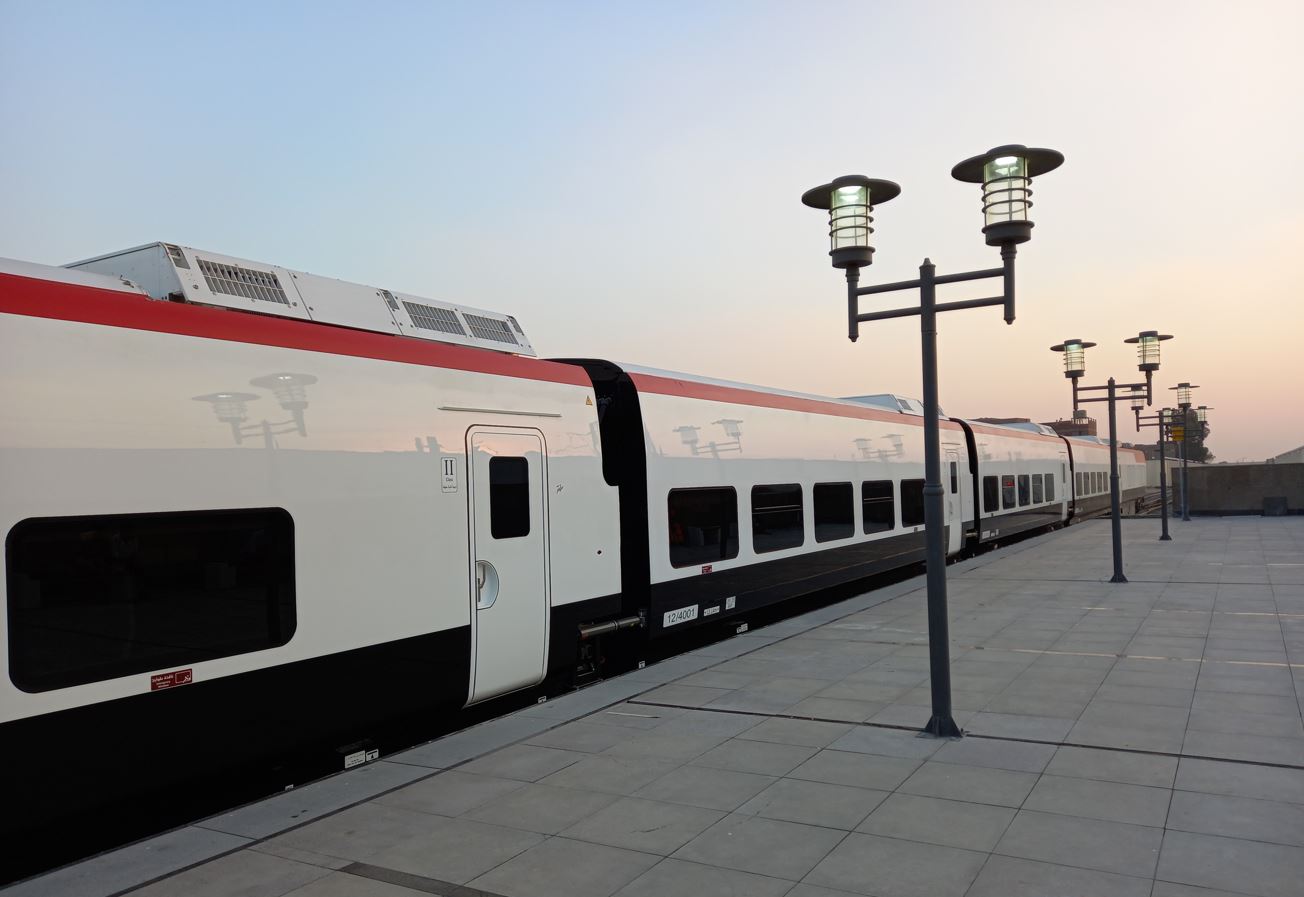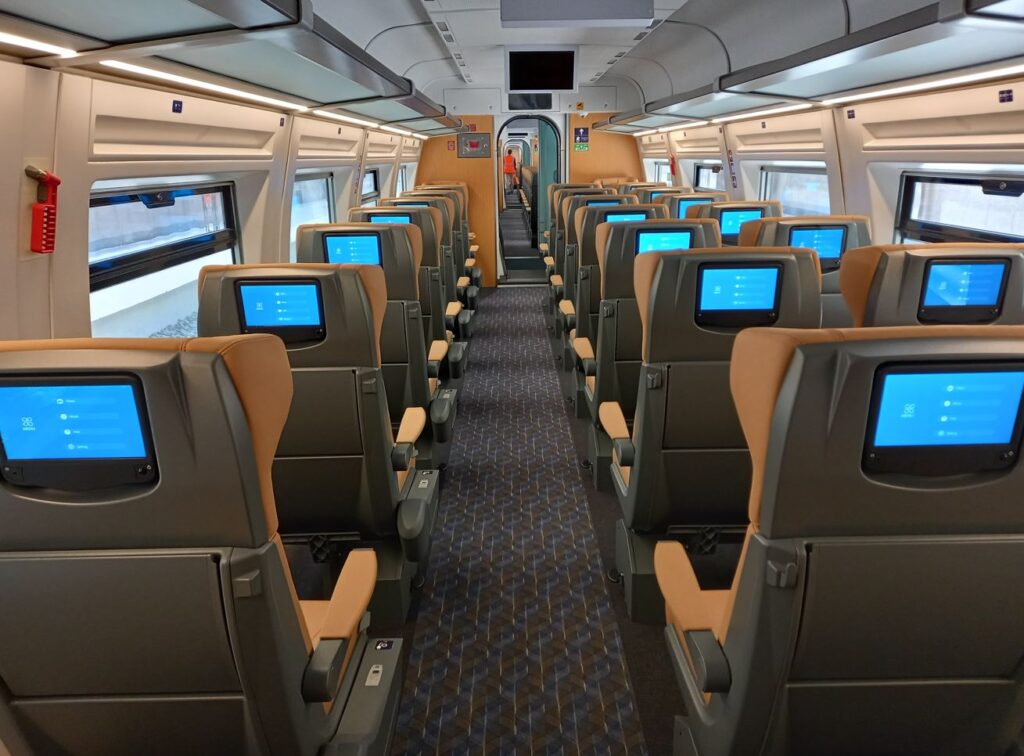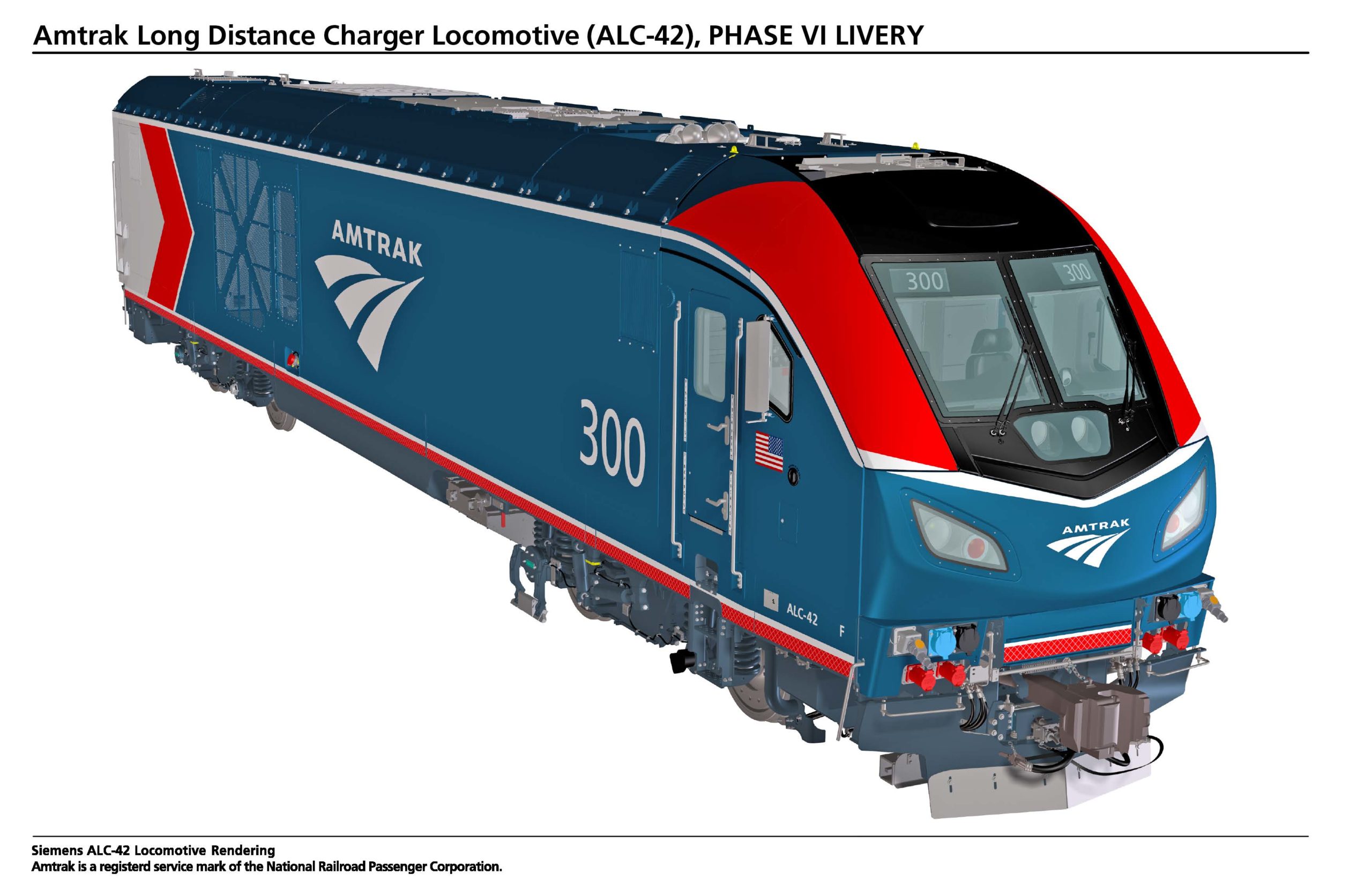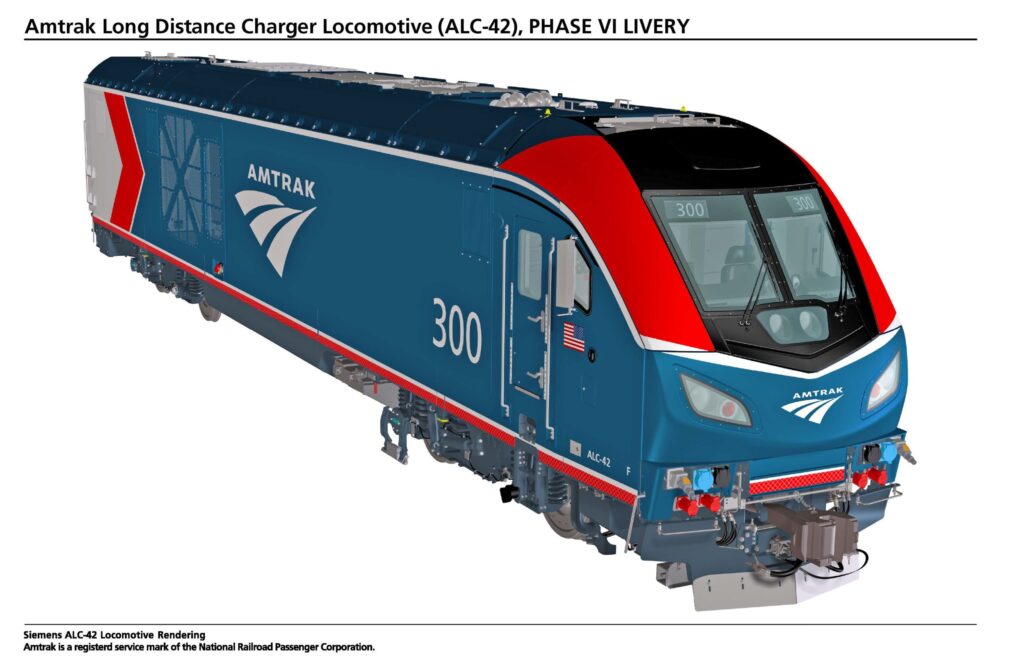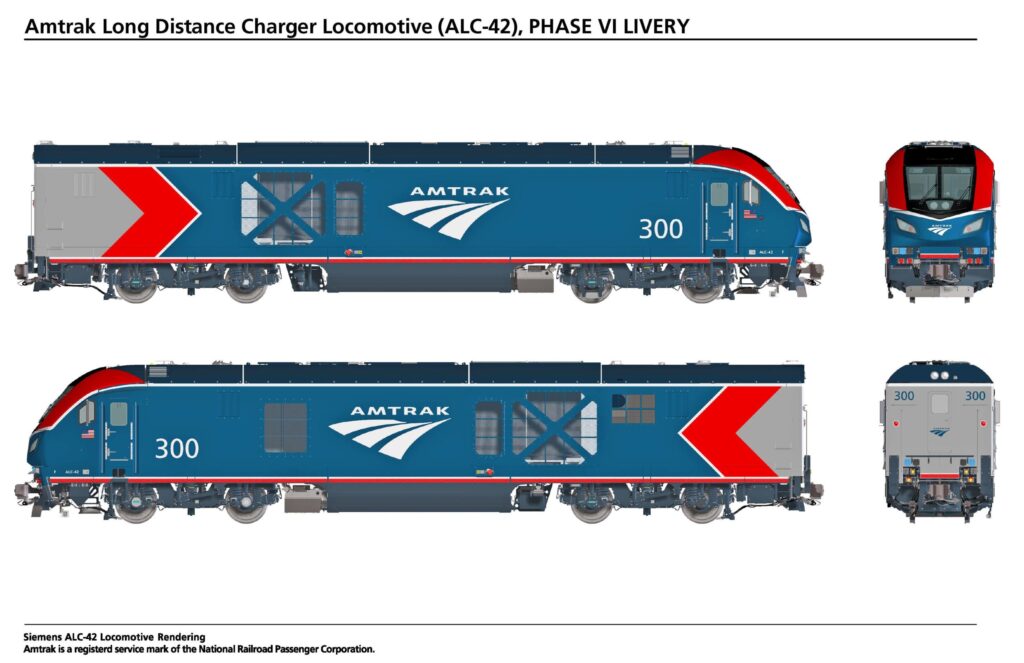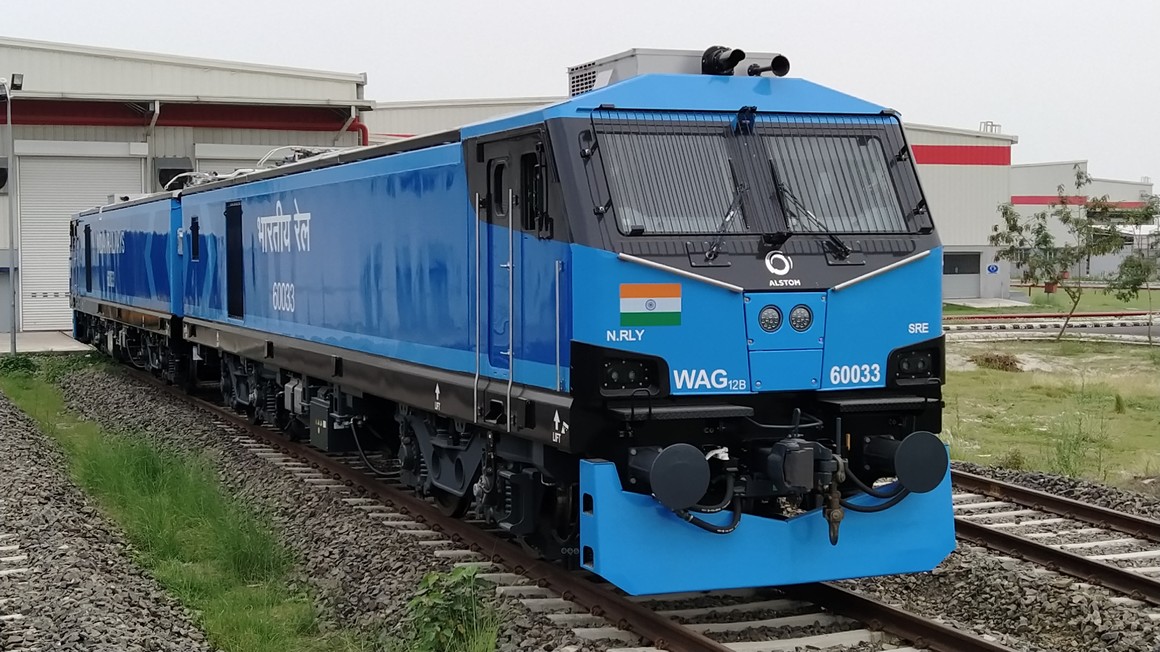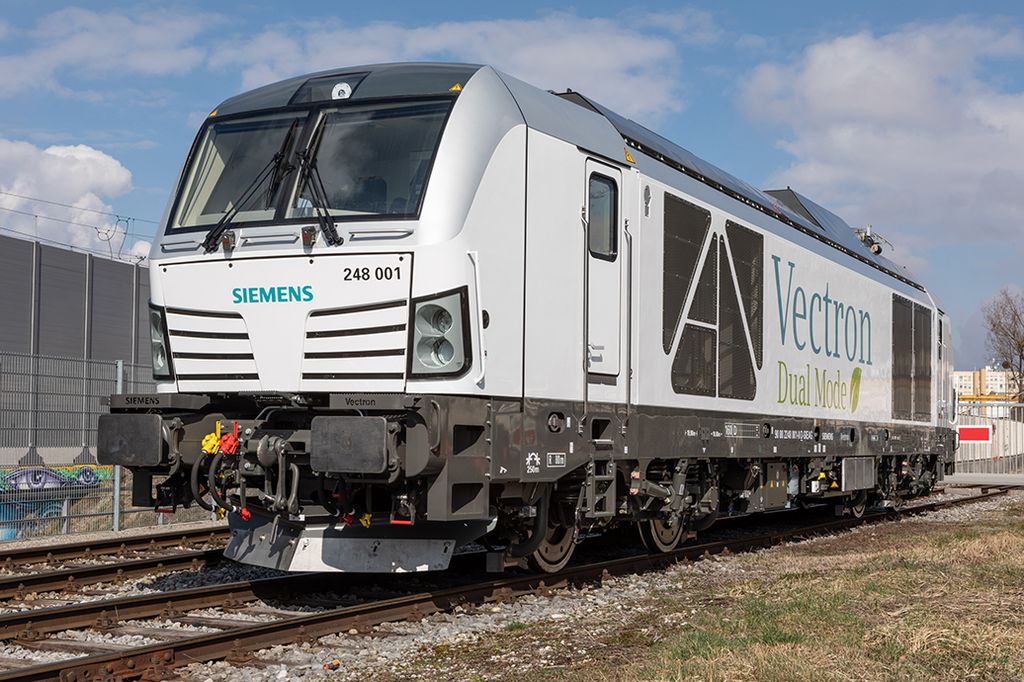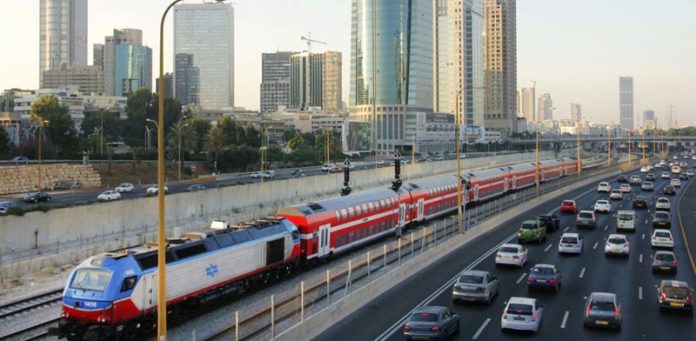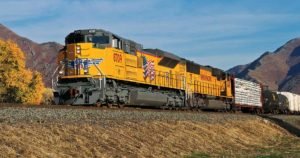Jacksonville, Florida, September 8, 2023 – CSX Corporation (NASDAQ: CSX) announced today the appointment of Mike Cory, a seasoned railroad executive with more than 40 years of operations experience, as the company’s executive vice president and chief operating officer.
Formerly executive vice president and chief operating officer for the Canadian National (CN) Railway, Cory has provided transportation consulting services since retiring from the CN in 2019.
Cory began his railroad career in 1981 as a laborer in the CN locomotive shops in Winnipeg, Canada. Over the years, he rose through the ranks as a superintendent, general superintendent, director of service design, network operations superintendent and general manager of operations for the Michigan sub-region. He also broadened his business perspective by holding customer service and marketing positions. In 2006, he began his ascent through a series of senior leadership roles, including vice president of network operations, senior vice president of the Eastern region and senior vice president for the Western region. He was named executive vice president and chief operating officer in 2016.
At CSX, Cory will lead a strong team of operations professionals – led by Ricky Johnson, Senior Vice President of Operations, and Casey Albright, Senior Vice President of Network Operations and Service Design – who have helped transform the company into a safety and service leader among North American Class I railroads. He will continue to strengthen the company’s operating model across the network while fostering a ONE CSX culture that values and engages front-line employees.
CSX also today announced that Kevin Boone, previously executive vice president of Sales and Marketing, is named executive vice president and chief commercial officer. The new title recognizes Boone’s breadth of existing responsibilities across CSX’s broad customer base and growing offering of supply chain solutions. Boone previously led the company’s finance organization before transitioning to sales and marketing in 2021. He joined CSX in 2017, following a successful 17-year career in the investment industry.
